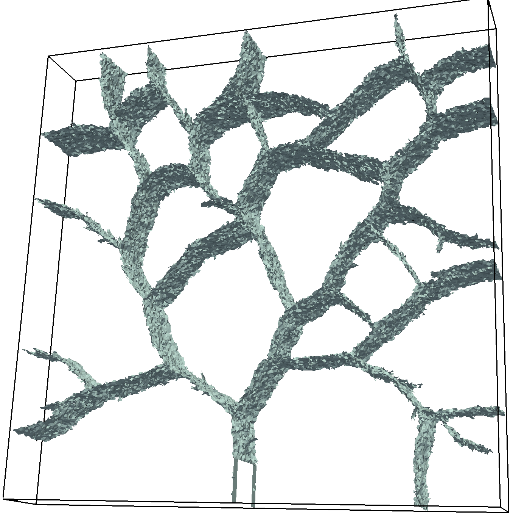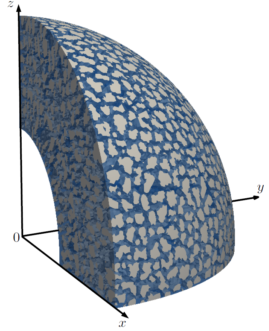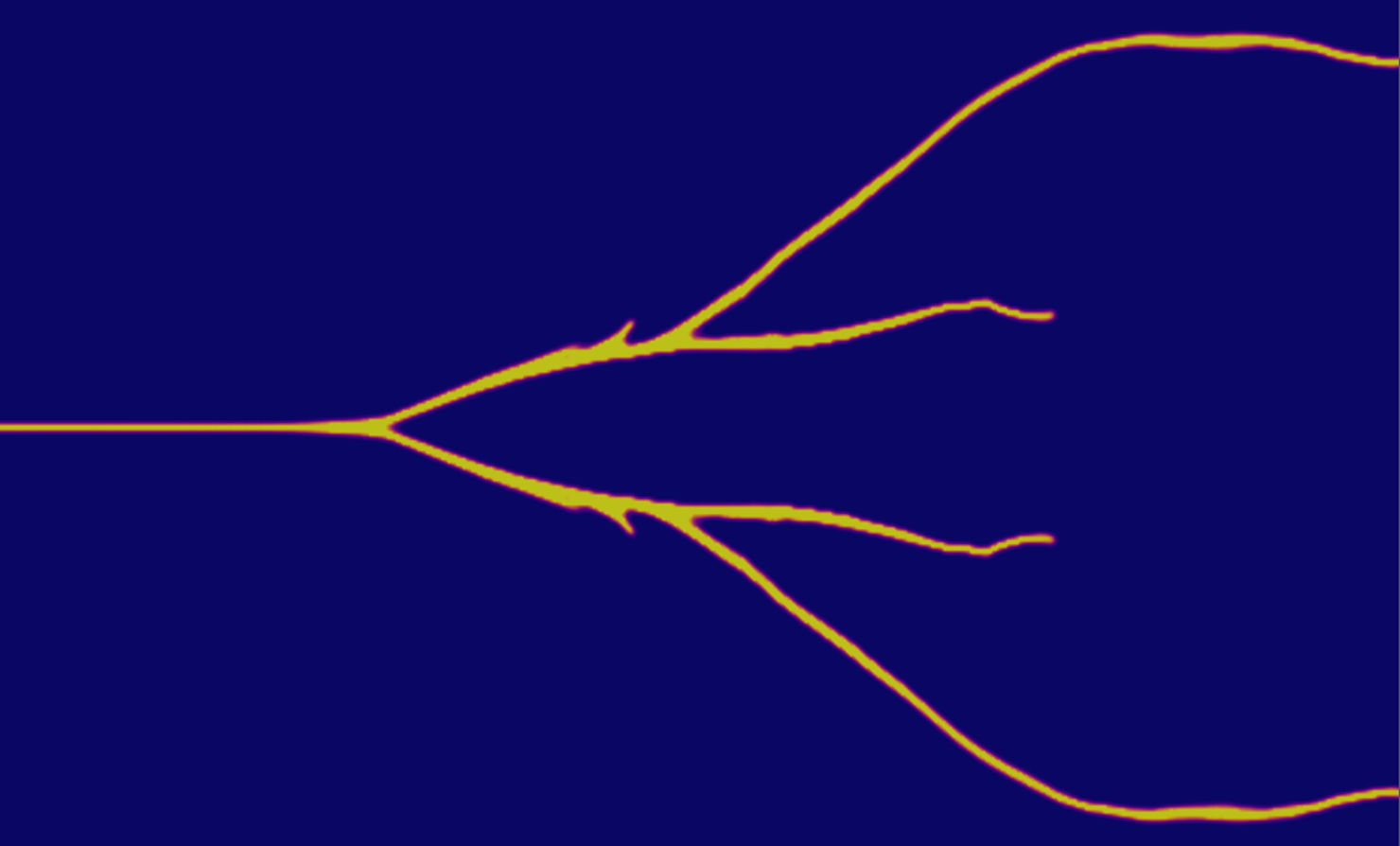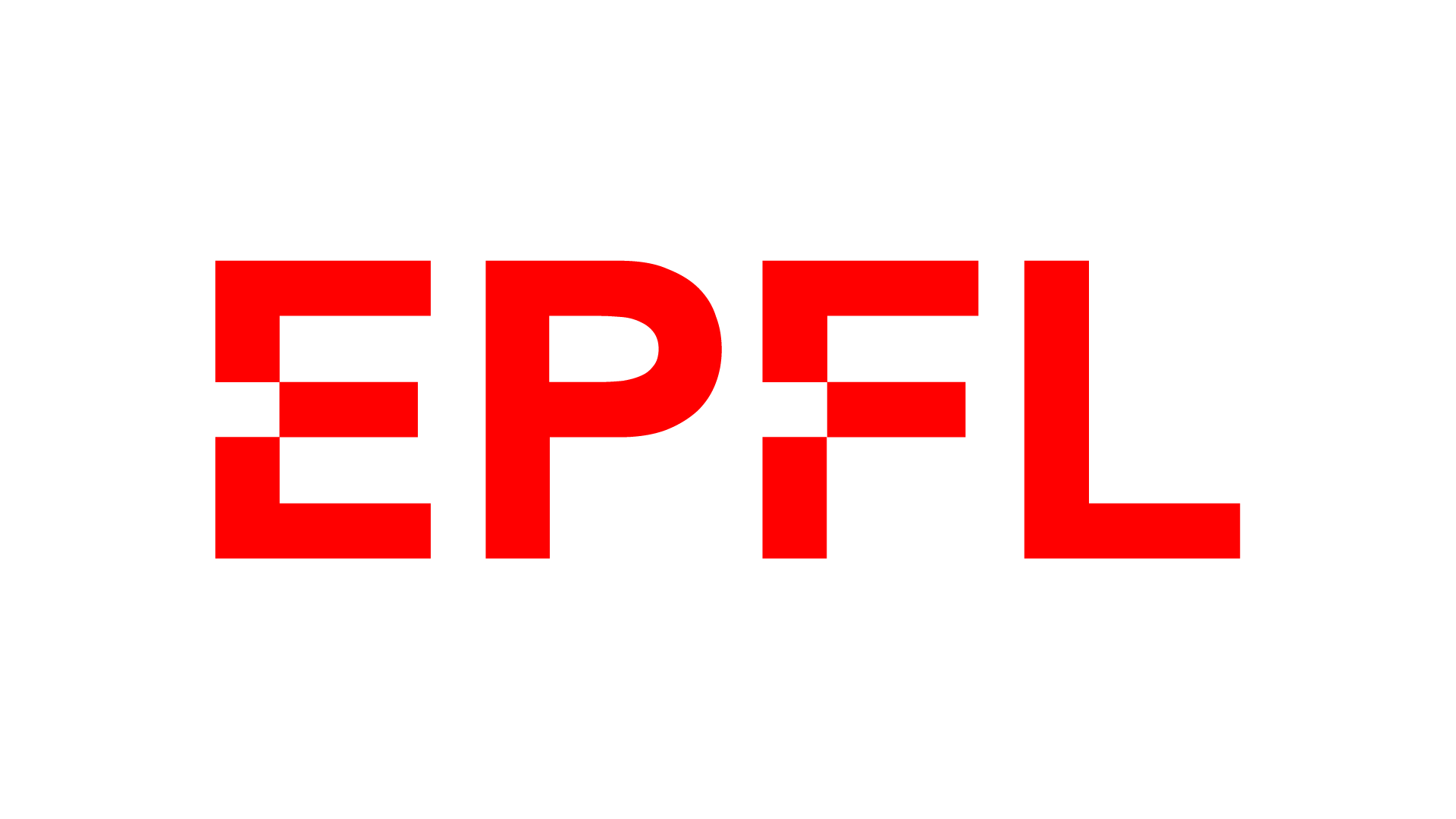Why Akantu ?
Finite-Element library dedicated to damage, contact and micro-mechanics
Akantu fulfills the requirements of genericity, robustness and efficiency needed for intensive simulations

Accuracy and speed
combined together
Akantu means a little element in Kinyarwanda, a Bantu language. It is also an opensource object-oriented Finite Element library. Akantu was born with the vision to associate flexibility, robustness and efficiency, thanks to its characteristic architecture.
A unique C++ object-oriented design combines high-level classes and interfaces with optimized critical loops acting on degrees of freedom. It makes Akantu‘s unique implementation both object oriented and vectorized.

Accessing the code
Akantu is freely available under the LGPL licence.
You can redistribute and/or modify Akantu. It is distributed in the hope that it will be useful.
The source code is accessible at https://gitlab.com/akantu/akantu.
Getting started with tutorials
Several tutorials in the form of Python notebooks are available, presenting how to use the different features of Akantu. These tutorials show how to compute a stress concentration due to a circular hole, mode-I crack opening with a cohesive zone model and various other cases.
Check out our growing list of tutorials

Contribute to Akantu
If it seems that the code contains an error, you can post on the forum.
Any new feature and/or bug fix is welcome with a gitlab pull request
Akantu’s 5.0 is out!
The new version of Akantu is now available on GitLab with two major changes !
The C++ standard 17 is now accepted and Akantu is compatible with all the associated features of this standard !
Akantu’s vectors and matrices types now seamlessly integrate with the Eigen linear algebra library, enhancing both efficiency and ease of use in mathematical operations !
Akantu’s 4.0 features
Akantu has reached a new milestone with the official release of Akantu 4.0 ! The repository has officially migrated to GitLab !
The development team is proud to introduce the new python interface which greatly improve Akantu’s accessibility. In addition, tutorials based on the python interface are available to help newcomers to the Akantu community to get started!
Two major features are introduced in this version:
a mesh-independant damage model for brittle fracture that can handle complex crack networks
handling the contact between bodies
Do not hesitate to contact the LSMS laboratory at EPFL
or at akantu@akantu.ch

Akantu’s community of users
Our community is composed of invested people for open-source research all around the world.
Development is a collective effort
